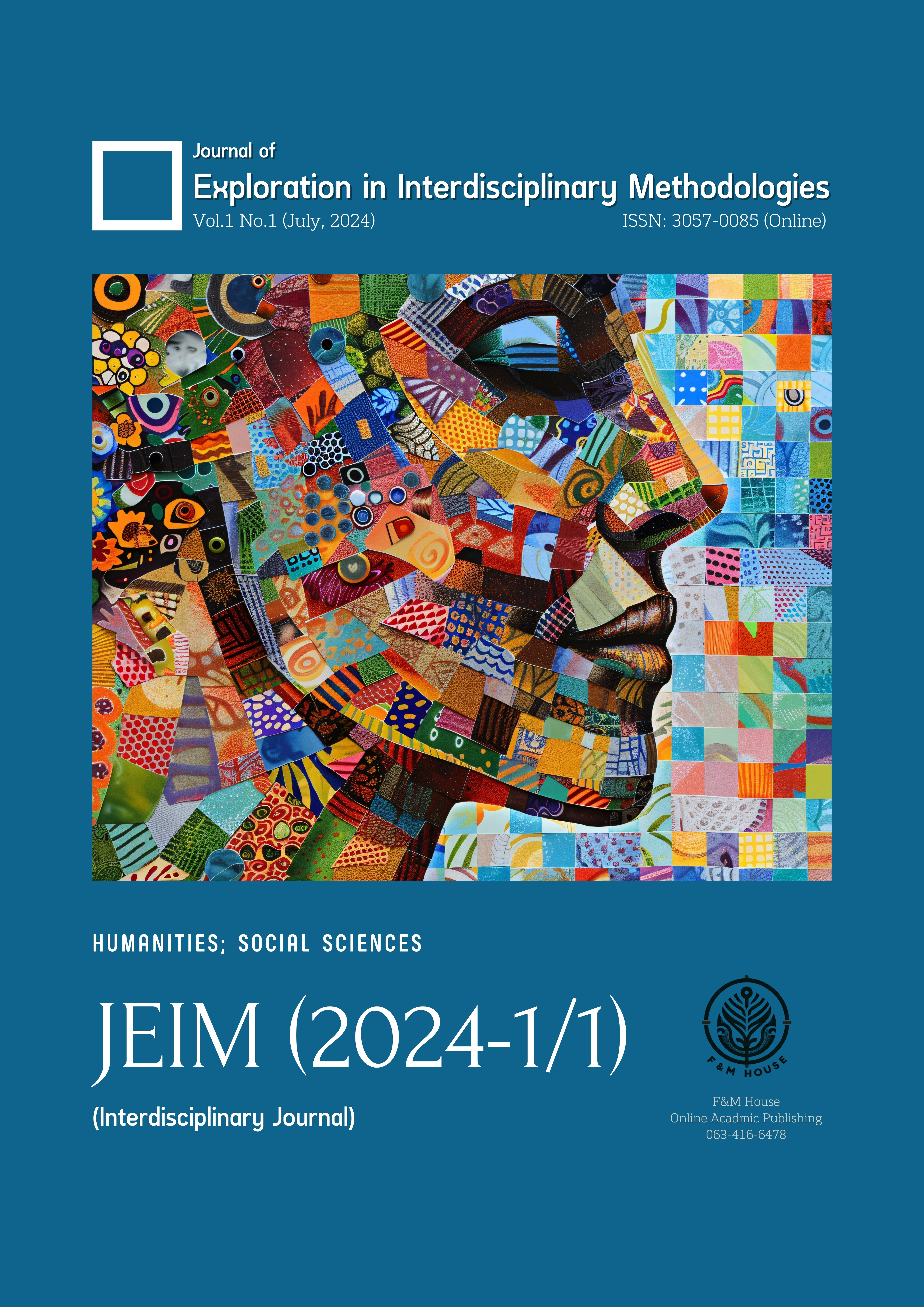Effective Leadership Styles in Thai Educational Administration: Balancing Tradition with Innovation
คำสำคัญ:
Thai educational leadership, traditional values, transformational leadership, distributed leadership, policy implicationsบทคัดย่อ
Effective educational leadership in Thailand requires balancing traditional cultural values with modern leadership practices to address the challenges of a rapidly changing global educational landscape. Thai cultural norms, such as respect for hierarchy and Buddhist principles, have traditionally shaped leadership in schools. However, the integration of transformational, distributed, and instructional leadership approaches has become increasingly important for driving innovation, improving school performance, and enhancing teacher engagement. This paper explores how Thai educational leaders can successfully blend traditional values with modern practices to create a harmonious and effective school environment. It examines the impact of different leadership styles on educational outcomes, the challenges of balancing tradition with innovation, and the policy implications for leadership development in Thailand. Recommendations for supporting future educational leaders include expanding training programs, increasing school autonomy, and promoting collaborative leadership. With the right support, Thai educational leaders have the potential to transform schools, ensuring that they are both culturally responsive and future-ready.
เอกสารอ้างอิง
Bureau of Education, Thailand. (2018). Decentralization Policies and School Autonomy.
Hallinger, P. (2003). Leading Educational Change: Reflections on the Practice of Instructional and Transformational Leadership. Cambridge Journal of Education, 33(3), 329-351.
Hallinger, P. (2010). Leadership for Learning: What We Have Learned from 30 Years of Empirical Research. Asia Pacific Journal of Education, 31(1), 25-47.
Hallinger, P., & Lee, M. (2014). Exploring Principals' Leadership in Thailand: A Mixed Methods Study. Educational Management Administration & Leadership, 42(2), 187-209.
Harris, A. (2008). Distributed Leadership in Schools: Developing the Leaders of Tomorrow. Routledge.
Hofstede, G. (2011). Dimensionalizing Cultures: The Hofstede Model in Context. Online Readings in Psychology and Culture, 2(1).
Holmes, H., & Tangtongtavy, S. (1995). Working with the Thais. White Lotus Press.
Jantarach, N. (2013). Leadership Styles in Thai Schools: Traditional and Transformational Approaches. Journal of Educational Leadership, 5(2), 45-56.
Kitamura, Y., & Yamamoto, S. (2017). Educational Leadership in Asia. Springer.
Leithwood, K., & Jantzi, D. (2006). Transformational School Leadership for Large-Scale Reform: Effects on Students, Teachers, and their Classroom Practices. School Effectiveness and School Improvement, 17(2), 201-227.
Ministry of Education, Thailand. (2017). Education Reform Policy: 20-Year National Strategy (2017-2036).
Moolenaar, N. M., Daly, A. J., & Sleegers, P. J. C. (2010). Occupying the Principal Position: Examining Relationships between Transformational Leadership, Social Network Position, and School Leaders' Influence. Educational Administration Quarterly, 46(5), 623-670.
OECD. (2016). Education at a Glance 2016: OECD Indicators. OECD Publishing.
OECD. (2019). Developing Schools as Learning Organisations: A Guide for Policy Makers and School Leaders. OECD Publishing.
Office of the Basic Education Commission. (2018). Principal Leadership Development Program. Ministry of Education, Thailand.
Pongpaew, P. (2014). Buddhism and Leadership in Thai Schools. Mahachulalongkornrajavidyalaya University Press.
Robinson, V. M. J., Lloyd, C. A., & Rowe, K. J. (2008). The Impact of Leadership on Student Outcomes: An Analysis of the Differential Effects of Leadership Types. Educational Administration Quarterly, 44(5), 635-674.
Sinthuphan, P. (2011). The Role of Buddhist Principles in Thai Leadership. International Journal of Educational Development, 31(5), 451-459.
Spillane, J. P. (2006). Distributed Leadership. Jossey-Bass.
UNESCO. (2019). Digital Skills in Education Leadership: A Global Perspective. UNESCO Publishing.
UNESCO. (2021). Digital Transformation in Education: Insights and Lessons from the COVID-19 Pandemic. UNESCO.
UNICEF. (2019). Inclusive Education: Achieving Education for All by Including Those with Disabilities and Special Needs. UNICEF.
Walker, A., & Hallinger, P. (2018). Leadership for Learning in Asia: A Research Agenda. Routledge.







